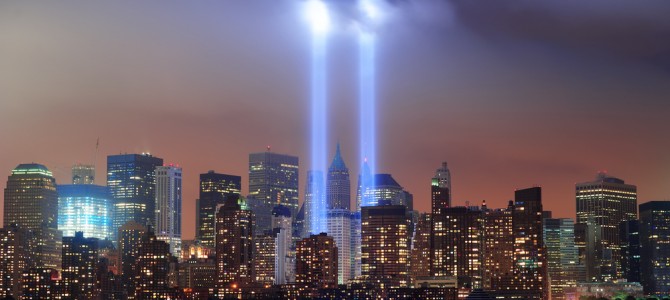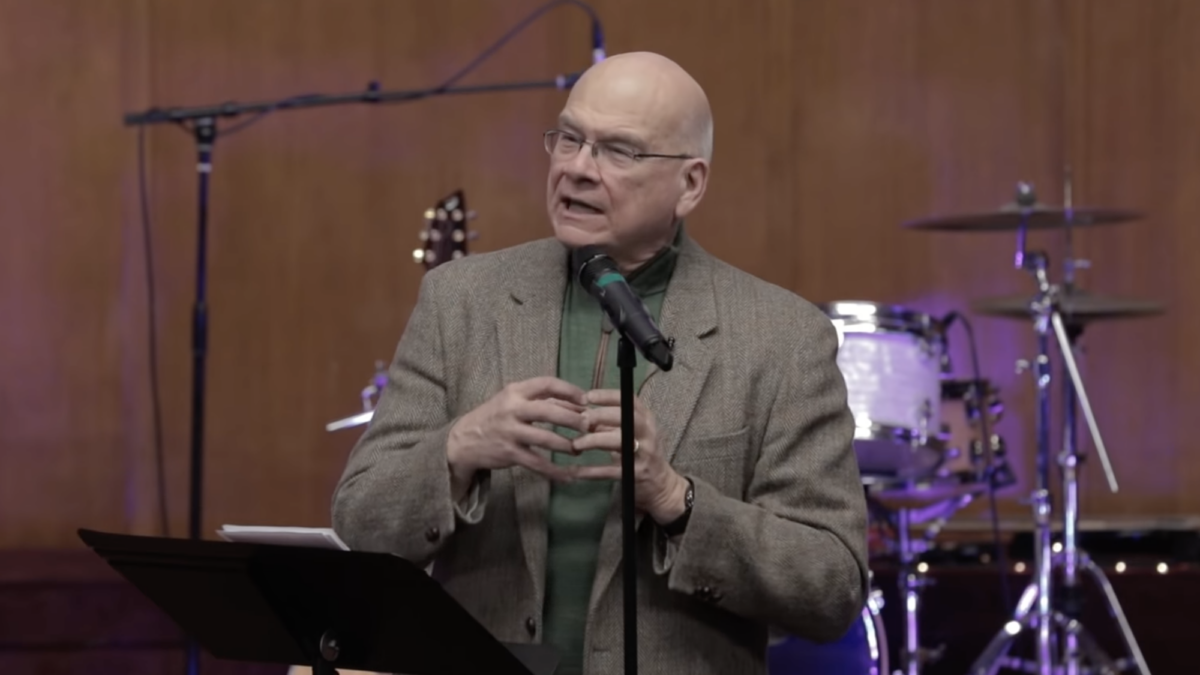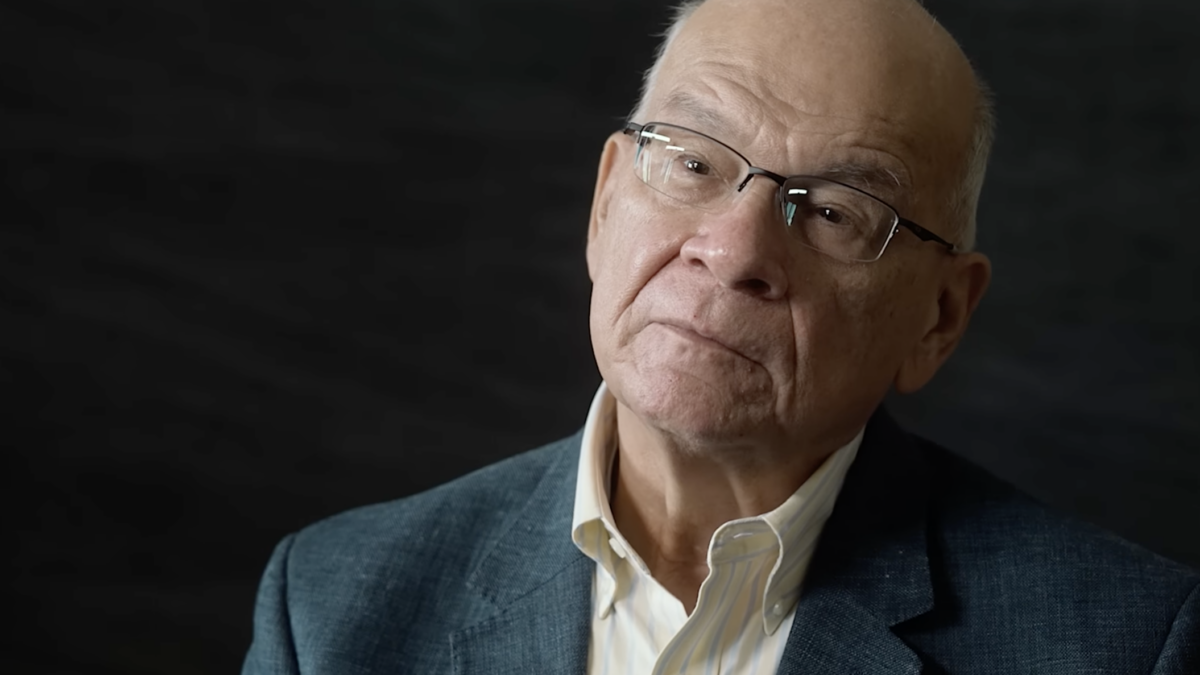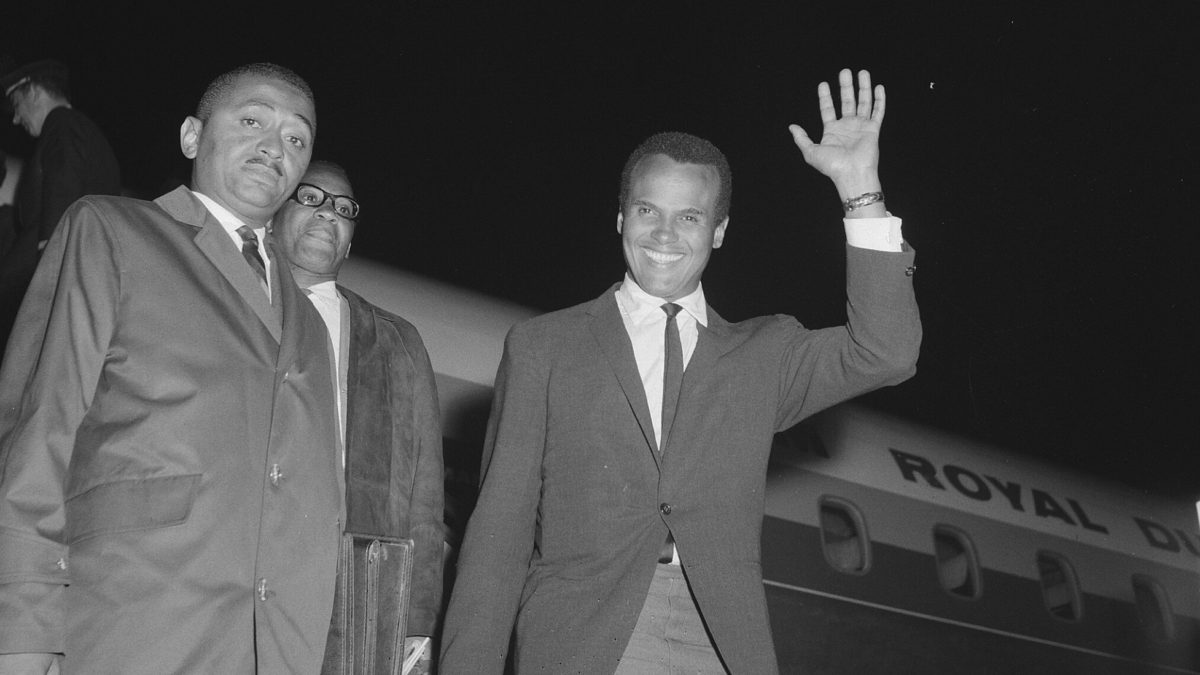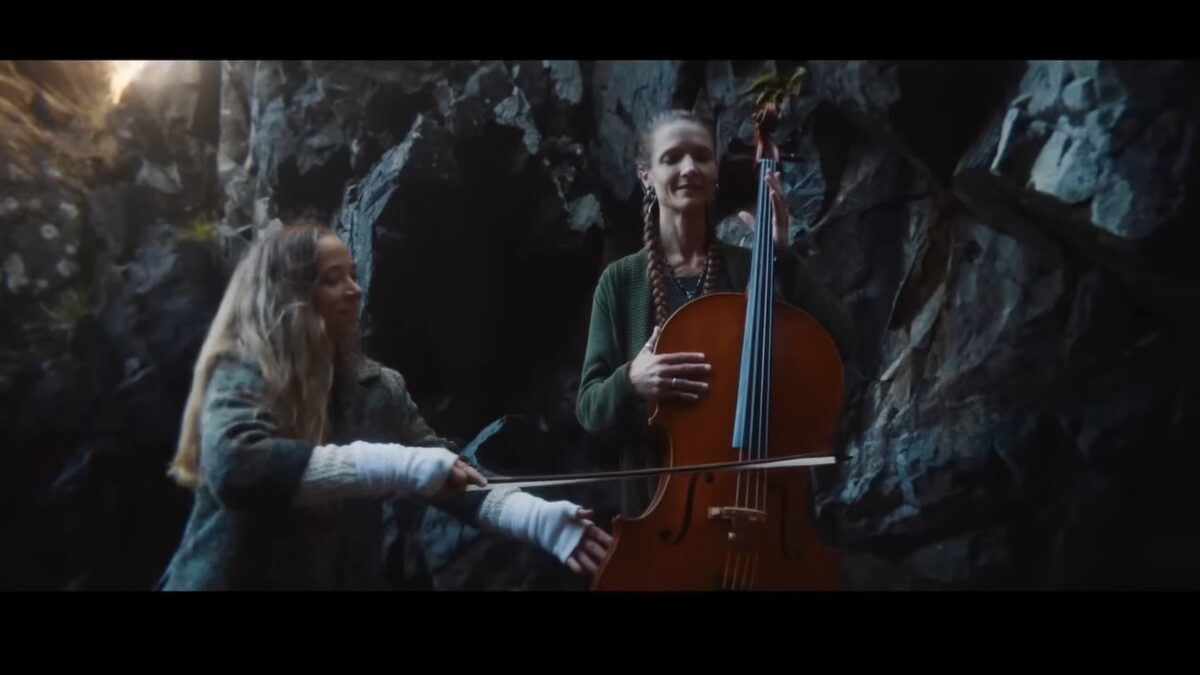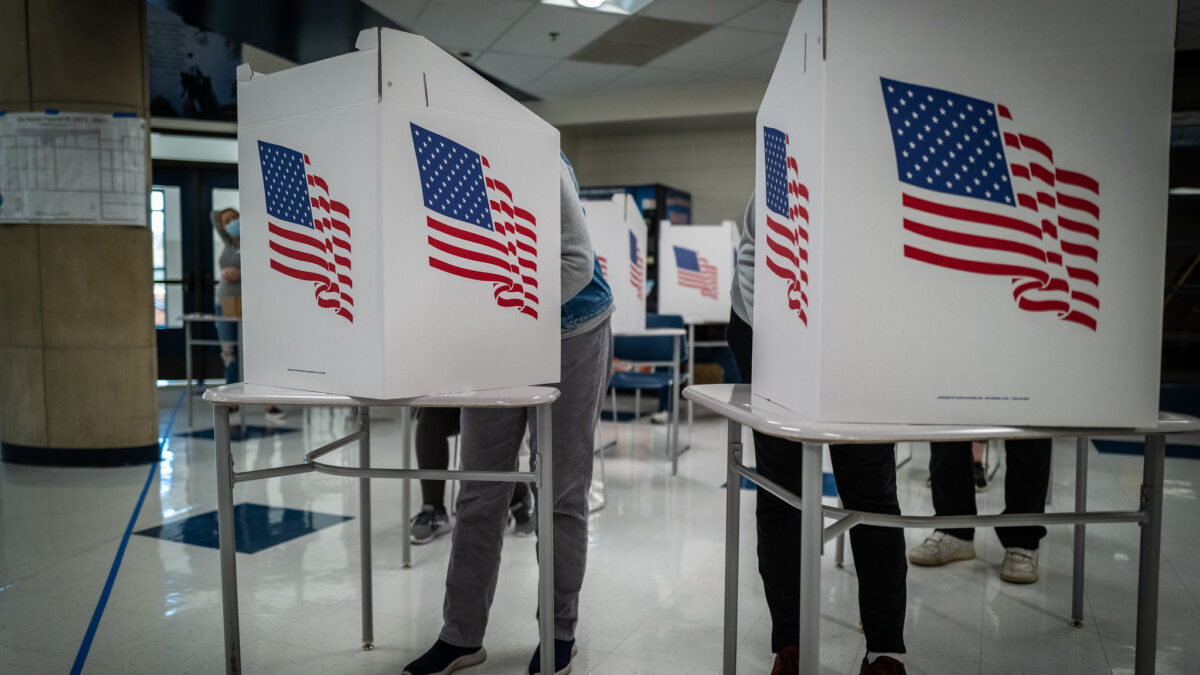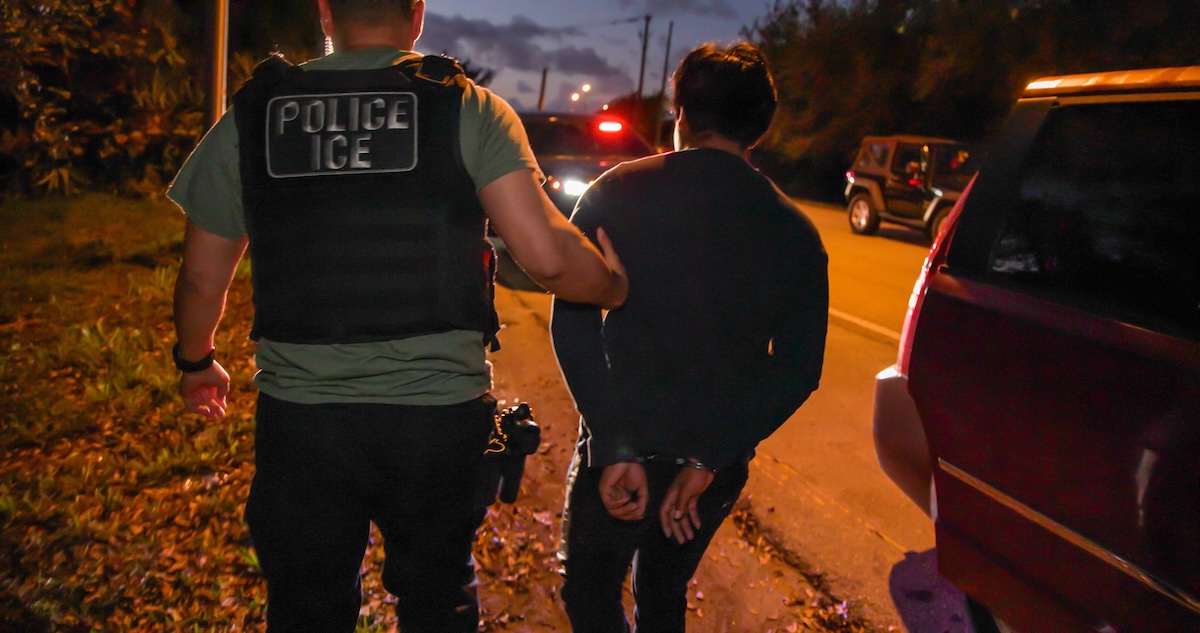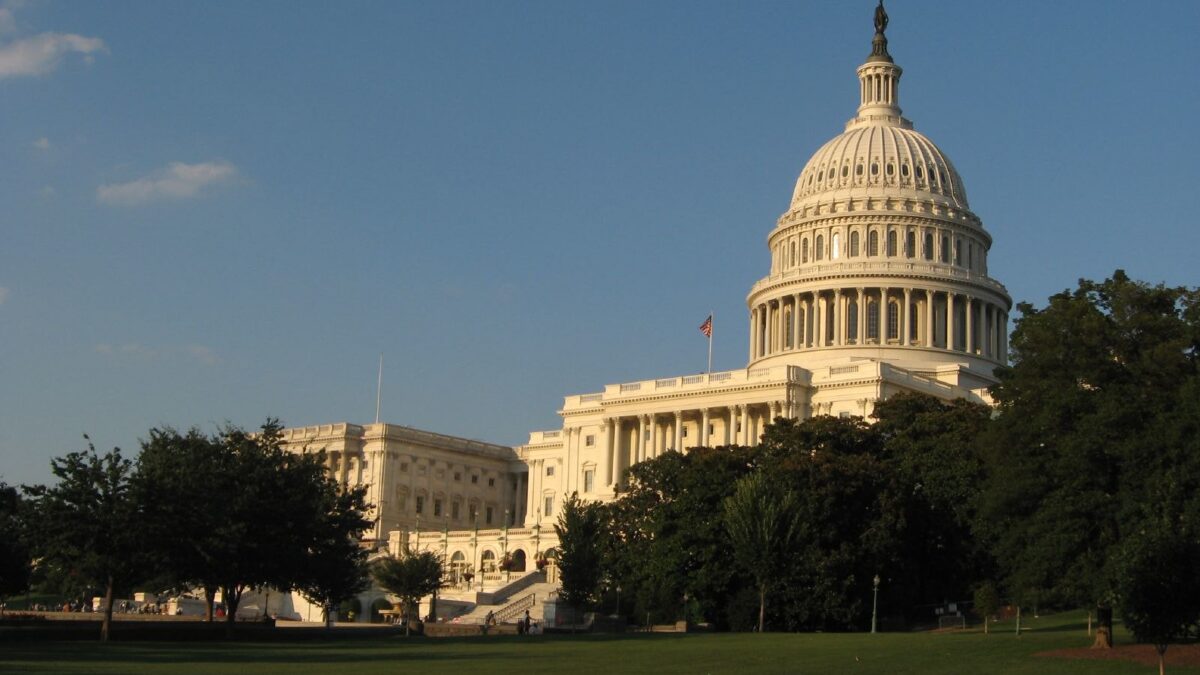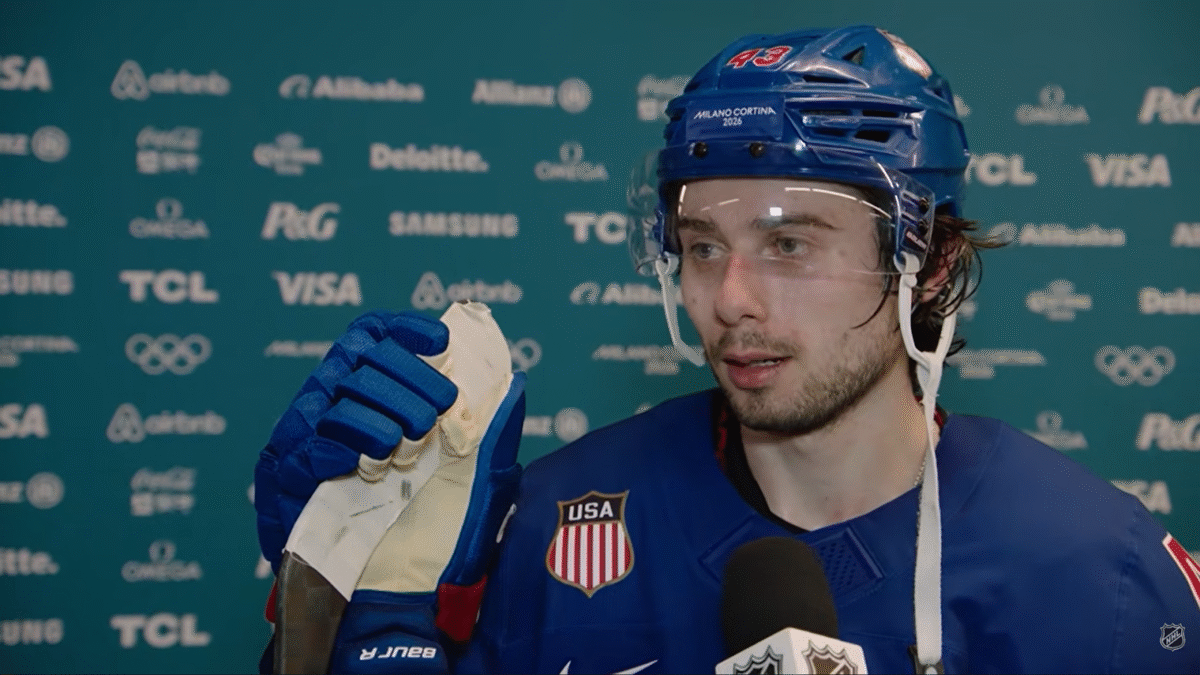On September 11, 2001, I woke up to find my mom seated on the couch in tears, staring at the TV. I watched as every channel replayed the footage of the plane flying into the second Twin Tower over and over again. At nine years old, I probably didn’t completely understand what was happening, but I knew enough to feel scared.
The next day was my brother’s birthday, and after some discussion as to whether it would be appropriate, my parents decided to follow through with their party plans for him at Chuck-E-Cheese. Before we departed, they warned us not to talk to some of the other kids about what had happened the day before, because some of their parents didn’t want them to know about it. I disobeyed their request, and told the other kids about it anyway, because I felt that they ought to know.
At the time, I thought that withholding major news like a terrorist attack from children was totally insane. From my childish perspective, I felt these kids were being deprived of the opportunity to know about the evils of the world, and respond to it with goodness.
As an adult, I understand now that their parents’ intentions weren’t malicious, they were protective. They wanted to shield their children from evil, and protect them from fear. But by not explaining it to their children, they missed the opportunity to talk about 9/11 in a healthy, productive way. Instead, another child broke the news to them, which probably caused more harm on their psyche than letting them watch live TV coverage of the attacks, as I was a very animated story-teller.
It’s understandable to feel uneasy about letting your nine-year-old watch people jump to their deaths from 110 stories to escape smoke and flames. But it’s important that they see it to understand. I’m glad that my parents didn’t try to shield me from the horrors of 9/11. That day changed everything for our country, and I’m glad that I got to experience the sorrow along with everyone else.
I’ll never forget the way my mom broke the news to me and my siblings. She let us watch the news coverage on TV, and answered all of our questions. She explained who the bad guys were, what terrorism was, and why they hated Americans. We prayed together for the victims, the families of the victims, and the rescue workers. We thanked God for our own safety and our many blessings. We donated our allowances to the Red Cross and we flew the American flag from our porch. We mourned as the victims’ names were read aloud at church and we rejoiced when firefighters rescued survivors amid the rubble.
She told me to write about what happened in my diary, so I wouldn’t forget. My diary entries over the next few weeks recorded the names of many of the victims, the heroism of the passengers on United 93, and blurbs of President Bush’s bullhorn speech. I didn’t want all the suffering and death that happened that day to be forgotten. So I wrote it all down as I experienced and understood it to pass along to those who came after me.
Today, educators and parents are struggling to explain the events of 9/11 to children who have no recollection of it. My advice would be to do what my mom did, and let them watch the footage of the attacks. Humanize the victims of the attacks by letting them read stories about who they were and why they were in Manhattan on that day.
Watch President Bush’s bullhorn speech. Listen to all of the patriotic, adult-contemporary power ballads that emerged in the months after the attack. Explain what terrorism is, why it’s evil, and the geopolitical consequences since the attack on the Twin Towers. Take them to the 9/11 Memorial, and the Newseum exhibit commemorating the journalists who lost their lives that day. Pray with them for our country and for the families of the victims. We can’t afford to mince words or shield our children from the grisly reality of that day, because the consequences are too great.
